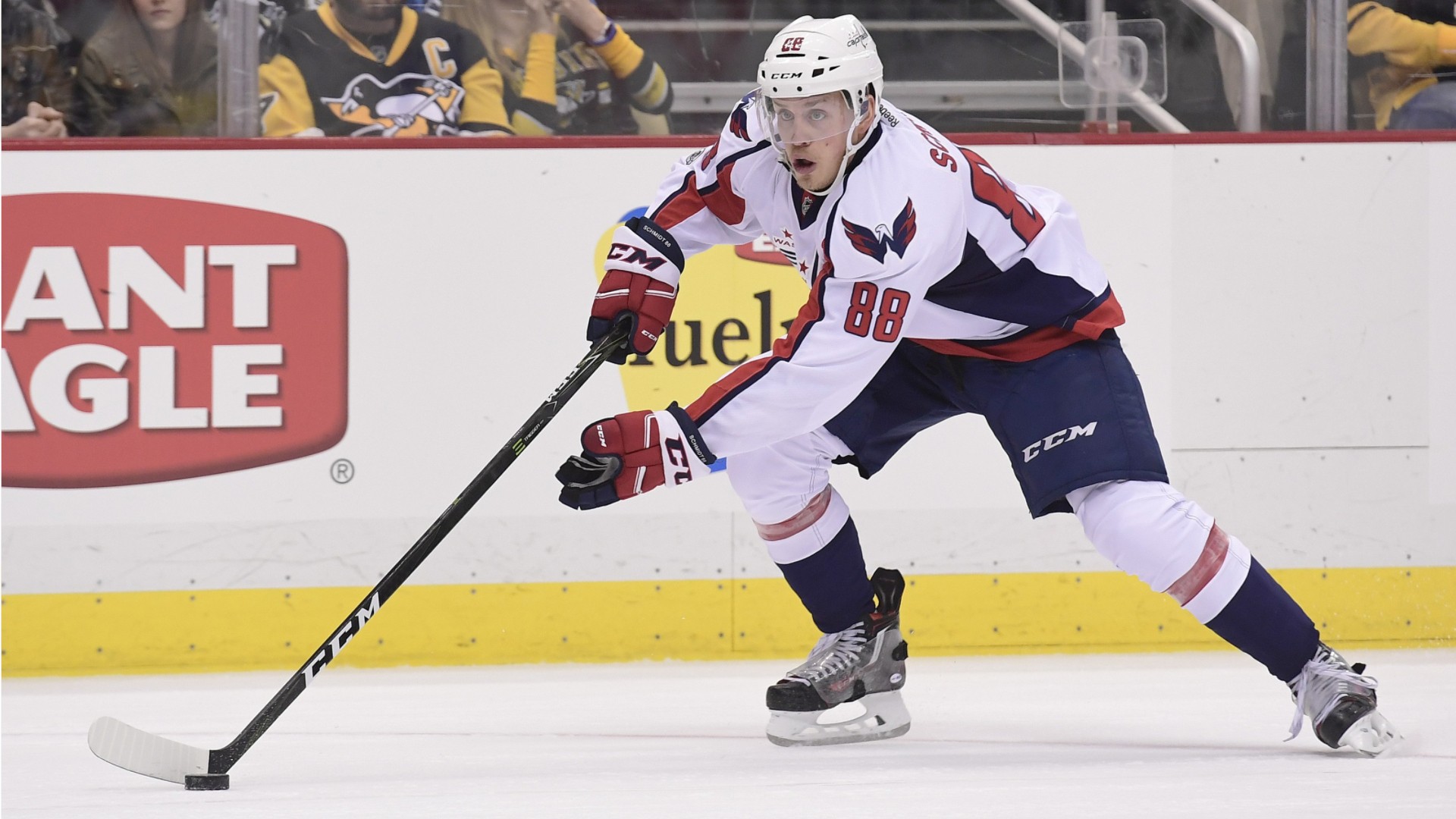Athletes & Sports Competitors
Baseball Player, Golf Professional, Hockey Player, Race Car Driver
 Select a military branch to see samples.
Select a military branch to see samples.
Pararescue; Pararescue Apprentice; Pararescue Helper; Pararescue Manager; Special Reconnaissance; Special Reconnaissance Craftsman; Special Reconnaissance Journeyman; Tactical Air Control Party (TACP); Tactical Air Control Party (TACP) Craftsman; Tactical Air Control Party (TACP) Journeyman
Unit Supply Specialist
Aviation Survival Technician
Reconnaissance Man, Combatant Diver Qualified; Reconnaissance Man, Parachute and Combatant Diver Qualified; Reconnaissance Man, Parachutist Qualified; Reconnaissance Marine; Reconnaissance Marine, Sniper Qualified
Basic Swimming and Water Survival Instructor; Diving Officer (Saturation); Helicopter Search and Rescue Aircrew Swimmer; Naval Special Warfare (NSW) Special Operations Tactical Medic (SO-TM); Navy Aviation Rescue Swimmers; Sea Air and Land (SEAL); Special Warfare Operator; Surface Rescue Swimmer
No similar titles were found.
What they do:
Compete in athletic events.
On the job, you would:
- Assess performance following athletic competition, identifying strengths and weaknesses and making adjustments to improve future performance.
- Maintain equipment used in a particular sport.
- Attend scheduled practice or training sessions.
Knowledge
Business
- management
- customer service
Arts and Humanities
- English language
Communications
- multimedia
Education and Training
- teaching and course design
Skills
Basic Skills
- talking to others
- listening to others, not interrupting, and asking good questions
Social
- changing what is done based on other people's actions
- understanding people's reactions
Problem Solving
- noticing a problem and figuring out the best way to solve it
Abilities
Endurance
- exercise for a long time without getting out of breath
Physical Strength
- lift, push, pull, or carry
- exercise for a long time without your muscles getting tired
Verbal
- listen and understand what people say
- communicate by speaking
Ideas and Logic
- notice when problems happen
Personality
People interested in this work like activities that include practical, hands-on problems and solutions.
They do well at jobs that need:
- Attention to Detail
- Stress Tolerance
- Achievement/Effort
- Self Control
- Persistence
- Initiative
Technology
You might use software like this on the job:
Spreadsheet software
- Microsoft Excel
Video creation and editing software
- YouTube
Electronic mail software
- Email software
Education
Education: (rated 2 of 5)
no high school diploma/GED or
bachelor's degree
usually needed
bachelor's degree
usually needed
Job Outlook
Bright
New job opportunities are very likely in the future.
Explore More
- Amusement & Recreation Attendants
- Coaches & Scouts
- Exercise Trainers & Group Fitness Instructors
- Training & Development Specialists
- Umpires, Referees, & Other Sports Officials
You might like a career in one of these industries:
See more details at O*NET OnLine about athletes and sports competitors.





